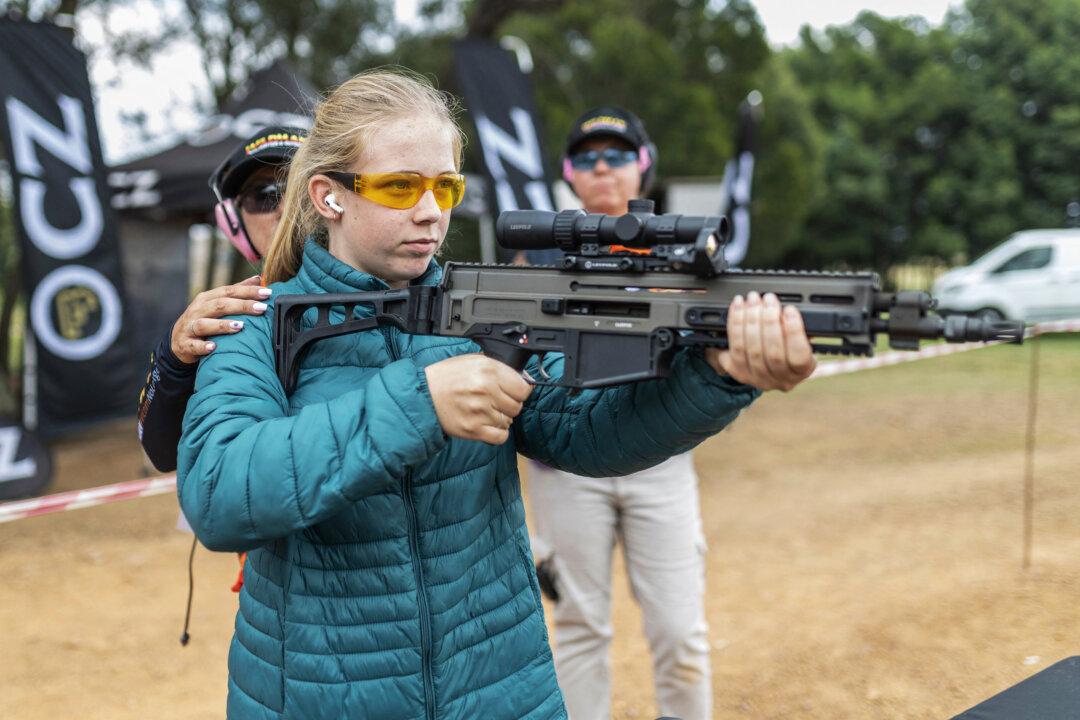JOHANNESBURG—South Africans are clamouring for guns in the midst of soaring violent crime, while their government tries to pass legislation to outlaw ownership of firearms for self-defense.
“A government is supposed to protect its people. A government is supposed to care about the welfare of citizens,” said Dave Alfonso, outside a firearms dealership in Johannesburg, minutes after his purchase of a 9mm pistol.





